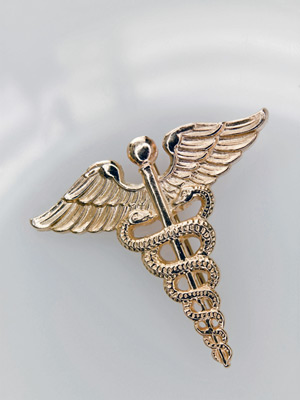Mental Illness Stigma Affects Psychiatrists Too – Who Wants to Be a Psychiatrist?
Recently I read Invisible Tattoos: The stigma of psychiatry by Dr. Henry A. Nasrallah in Current Psychiatry. Invisible Tattoos is and editorial piece on how the stigma of mental illness affects psychiatrists just like it affects the mentally ill. And my reaction?
Oh cry me a freaking river.
I thought the piece was a little whiny and navel-gazing. I mean seriously, these people are respected professionals making lots of money – they don’t have an illness threatening to kill them every day.
But then I got a comment from a medical student and I reconsidered my position. Maybe antipsychiatry poster-boy Tom Cruise doesn’t just fuck around with the way people look at me, maybe he fucks around with the way people look at psychiatrists too. And maybe stigma is difficult for psychiatrists to deal with.
Read More













Recent Comments